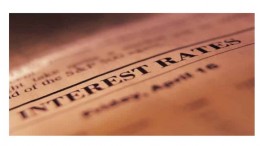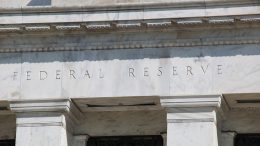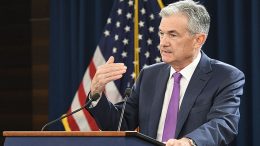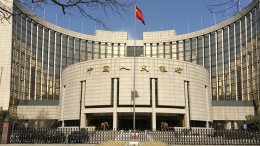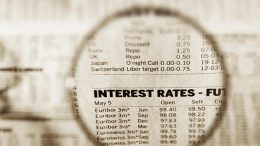Under the surface, the impact of higher rates is undeniable
Morgan Stanley | Despite the fastest tightening cycle in recent history, US macro has shown signs of strength, leading many investors to perceive the lack of a slowdown as a sign that the economy has been less affected by monetary policy than initially expected. In this sense, E. Z. acknowledges that activity has generally held up well, but under the surface, the impact of higher rates is undeniable. Although factors…

